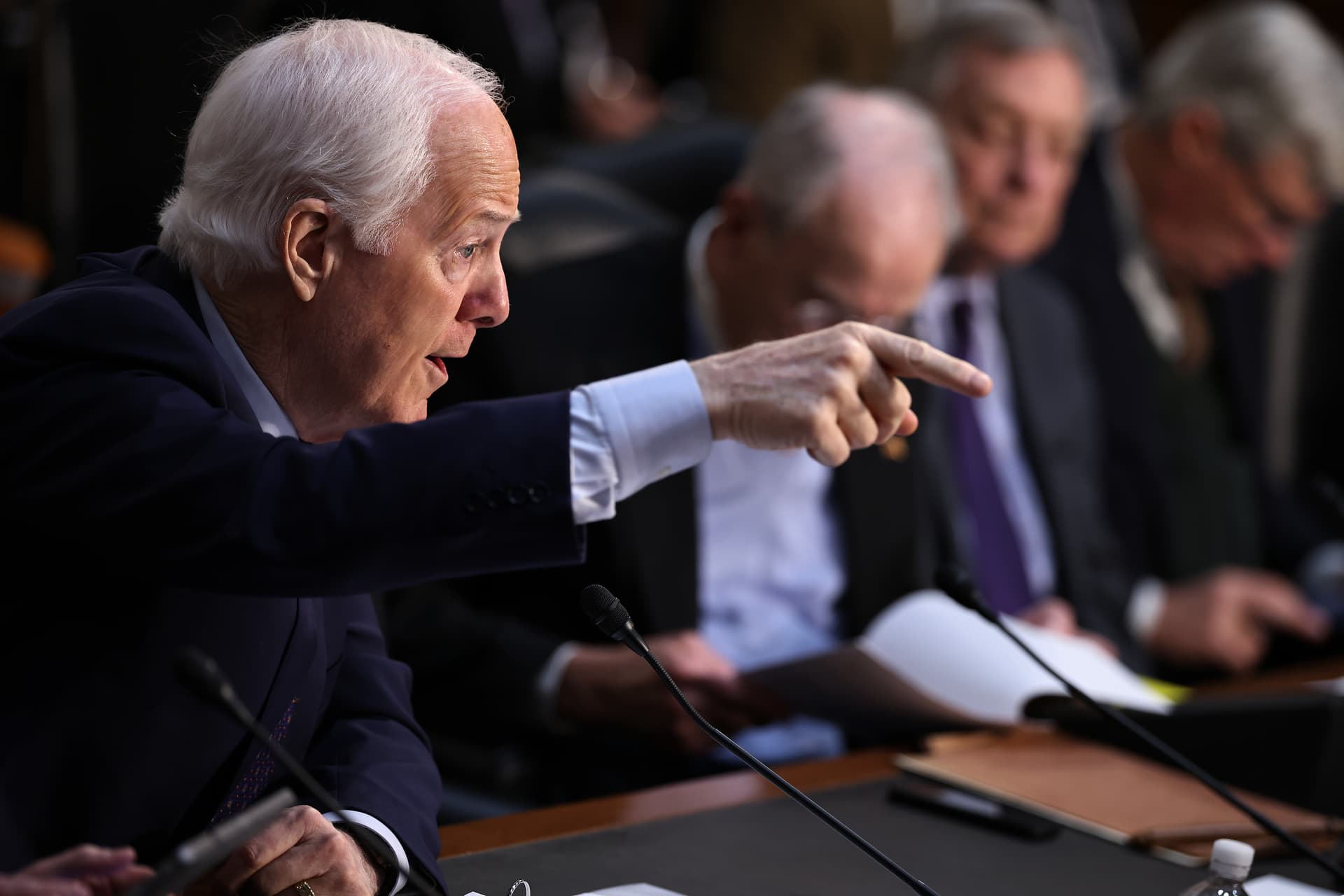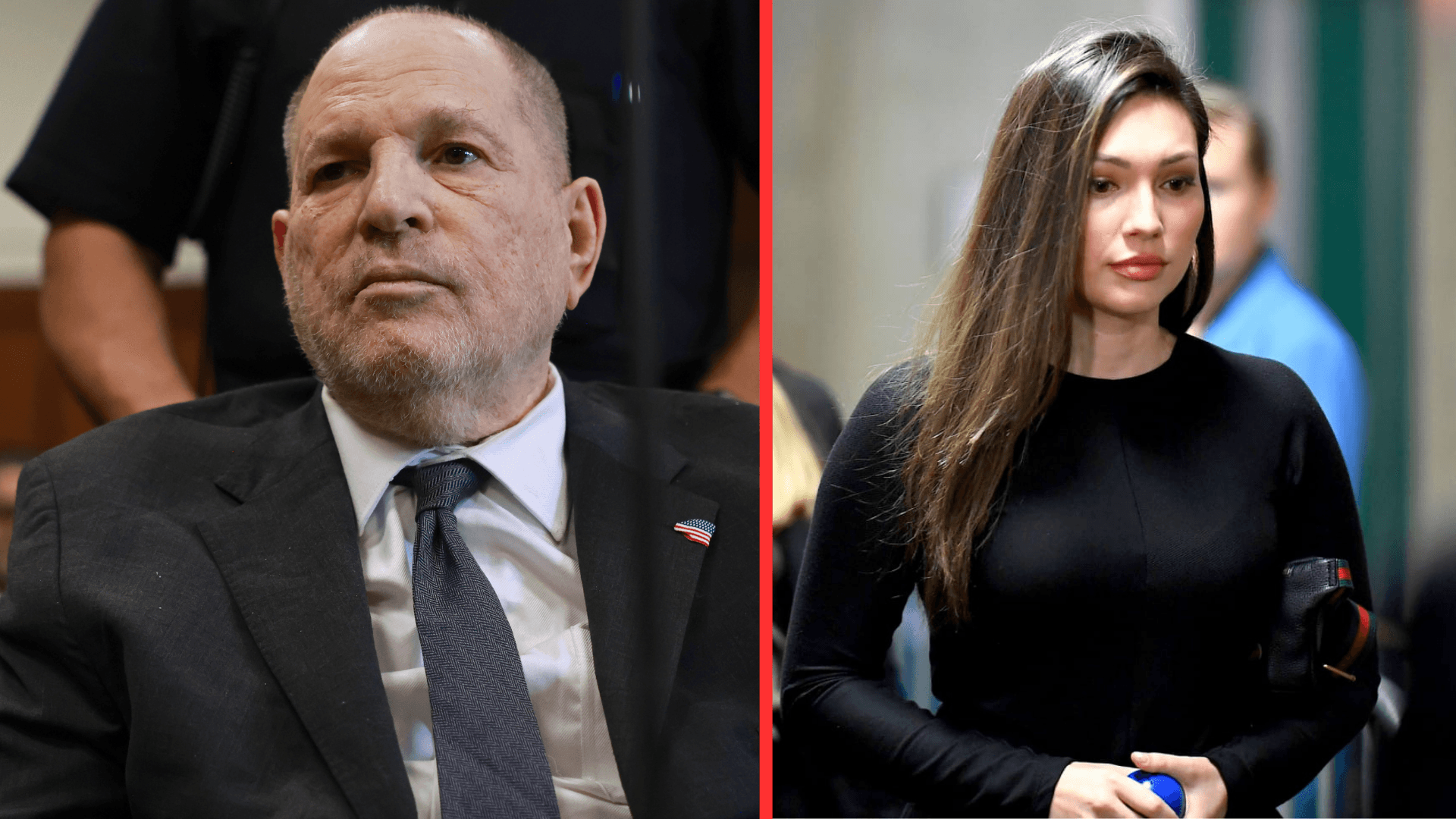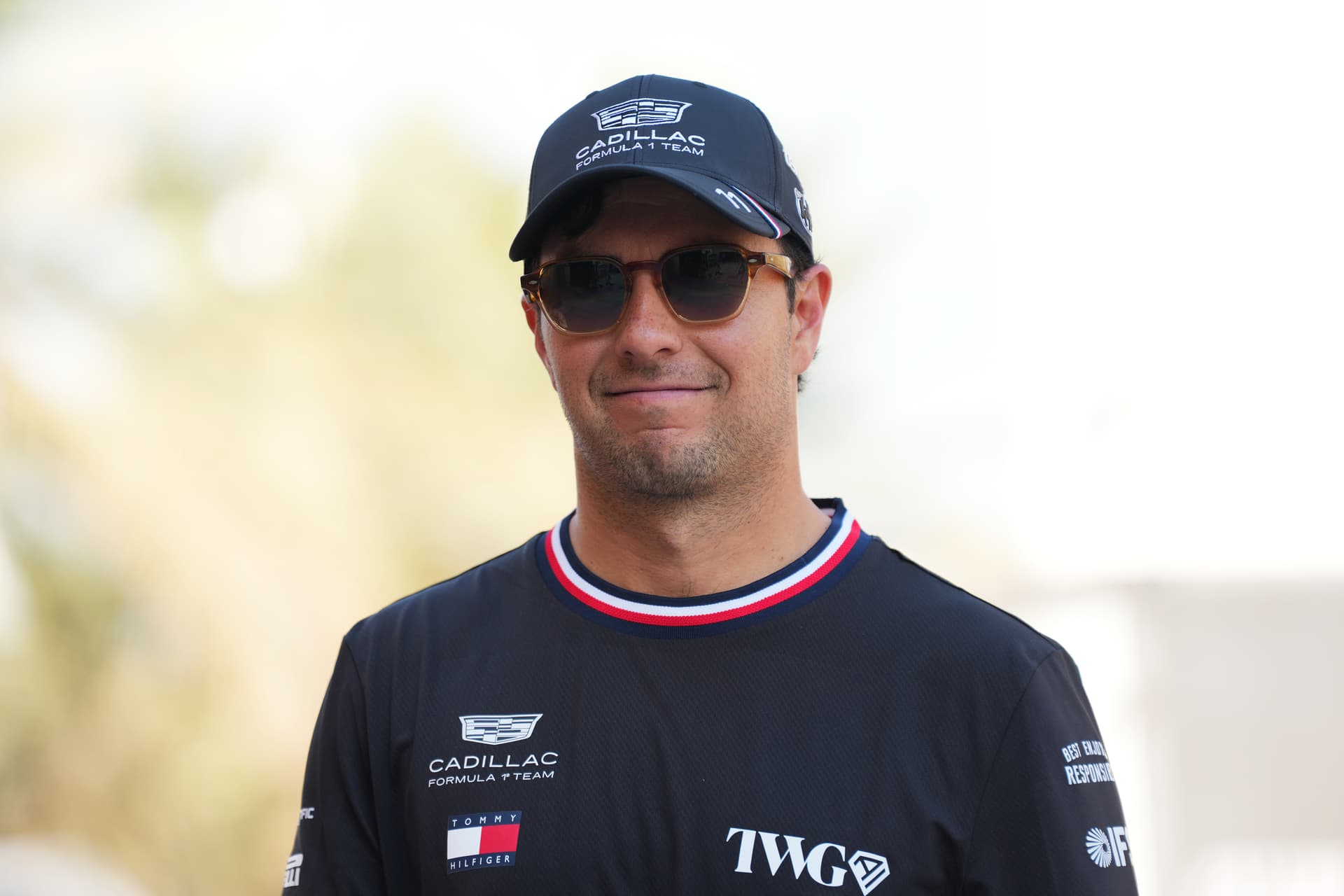
Spain Denies Any Involvement With America’s Strikes on Iran, Saying Commitment to ‘No War’ Is Absolute
By MATTHEW RICE
|This article is from the archive of The New York Sun before the launch of its new website in 2022. The Sun has neither altered nor updated such articles but will seek to correct any errors, mis-categorizations or other problems introduced during transfer.


By MATTHEW RICE
|
By MATTHEW RICE
|
By NOVI ZHUKOVSKY
|
By LUKE FUNK
|
By MARIE POHL
|
By BRADLEY CORTRIGHT
|
By THE NEW YORK SUN
|
By GEORGE WILLIS
|Already have a subscription? Sign in to continue reading
$0.01/day for 60 days
Cancel anytime
By continuing you agree to our Privacy Policy and Terms of Service.